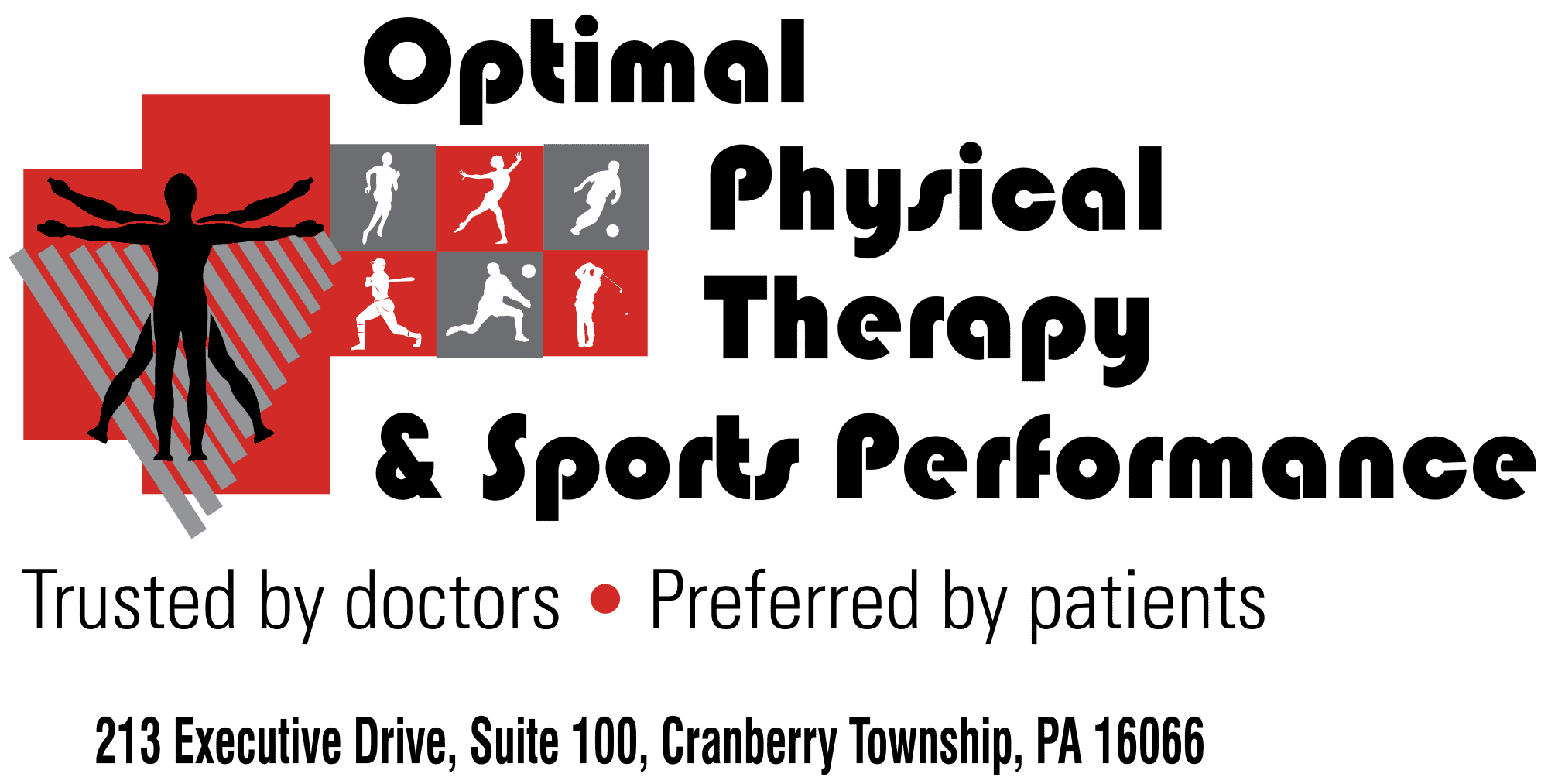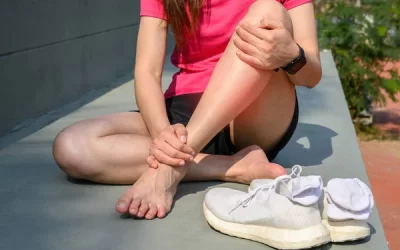It is almost flip flop weather. After a long winter with feet stuck in socks, shoes and boots, we long to go barefoot and expose our feet to warm grass or the beach. Physical Therapists know that plantar fasciitis weather is just around the corner and our clinic is ready to help those who feet are hurting. This condition is very painful and often sneaks up on people. It is most often described as the most painful when someone with the condition awakes and goes to put their feet on the floor. Pain is very intense in the morning and may slowly decline as the day goes along or it may linger. Many persons often suffer with it for months before they seek care.
This condition is a chronic problem meaning it slowly develops until it becomes problematic. It is an inflammatory condition which develops in the deep tissue in the bottom of your foot called the fascia. This is a strong, thick supportive tissue. Little micro tears in it over time for a variety of biomechanical reasons can lead to scarring, inflexibility and pain due to the chemical elements in the tissue involved in inflammation. It is very treatable and Optimal Physical Therapy and Sports Performance has the experts to help if you already have this problem. Call us at 724-779-1300 to make an appointment.
But what if you do not have an issue presently, and I hope you do not. What can you do to prevent this from happening to you?
Are you older? 45+ in age? Our feet and tissue change as we get older. The arch we had when we were younger may now be lower to the ground and putting more stress/stretch to that thick band of fascia at the bottom of our feet. It is a good idea to support your arch by using an over the counter or custom arch support in your shoes as you age. Most shoes do not come with adequate arch support and an investment in this extra measure will serve you well. Optimal Physical Therapy and Sports Performance has a special custom orthotic evaluation and individual casting method that truly can provide a custom fit for your feet. Often times, custom orthotics are payable by your health insurance.
Are you overweight? Extra pounds mean extra weight and stress on your feet as you move. Try to lose 5-10 lbs and you will feel a difference on your feet. Arch support is even more important here as a countermeasure to offset the extra load your feet are supporting.
Do you have tightness in your calf muscles? Keeping flexible in your lower leg is important because a tight calf can lead to biomechanical forces on the feet which are not normal and can lead to pain.
Consider floor surfaces you often stand and work on. Is your home mostly tile and hardwood instead of carpet? A shock absorbing kitchen mat in front of your stove and/or sink can relieve some pressure off your feet.
Do you always go barefoot or wear sandals in warm weather? Not having arch support for long periods of time is often the culprit to developing this condition. Enjoy the warm weather barefoot or in sandals in small doses only and support your feet most of the time.
I hope you have found this helpful but if you get into a problem and think you have this condition, call us sooner rather than later. Medical insurance identifies this as a treatable condition and you should not suffer from it. Call us at 724-779-1300 and our experts will have you back up on your feet pain free in a short period of time!



